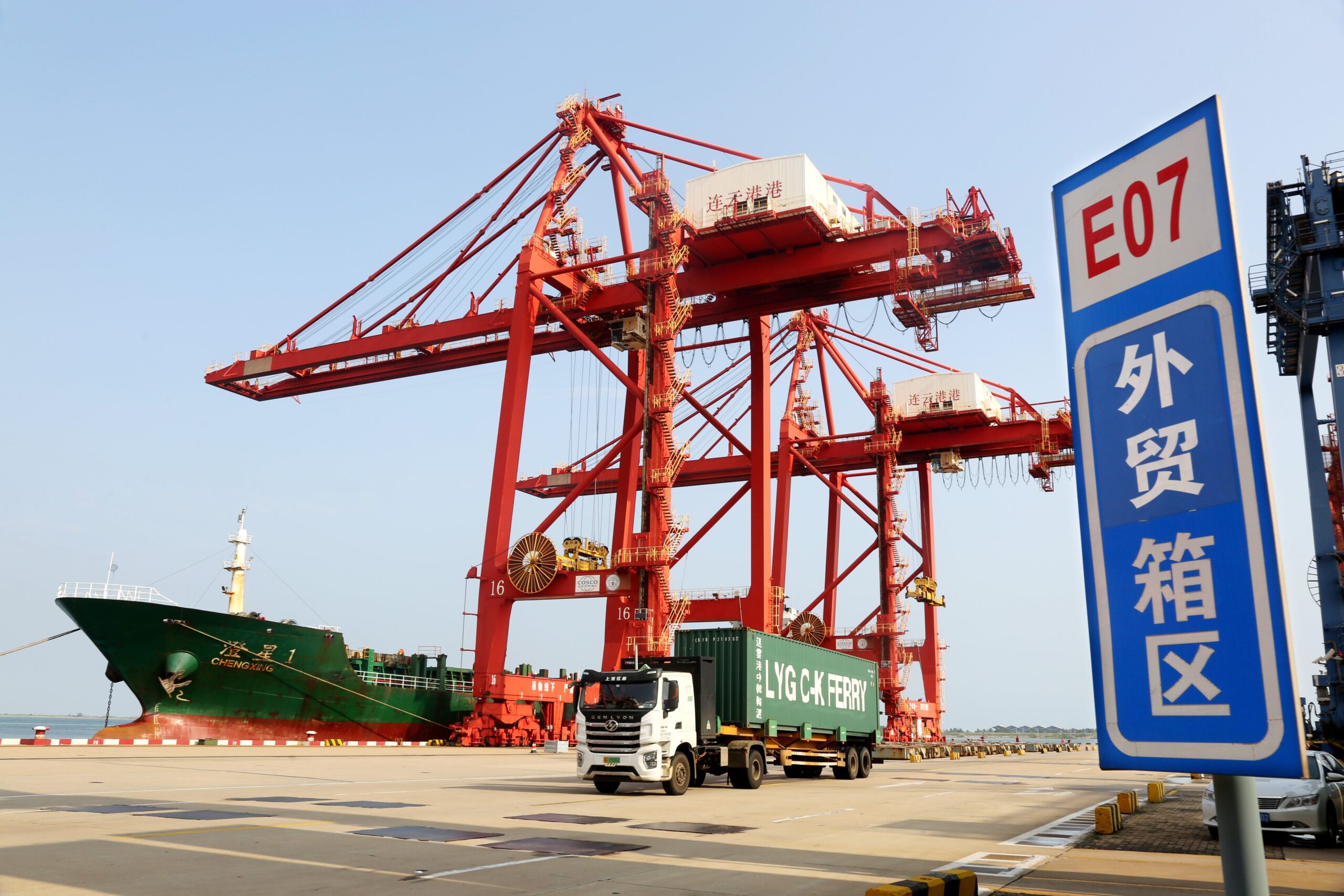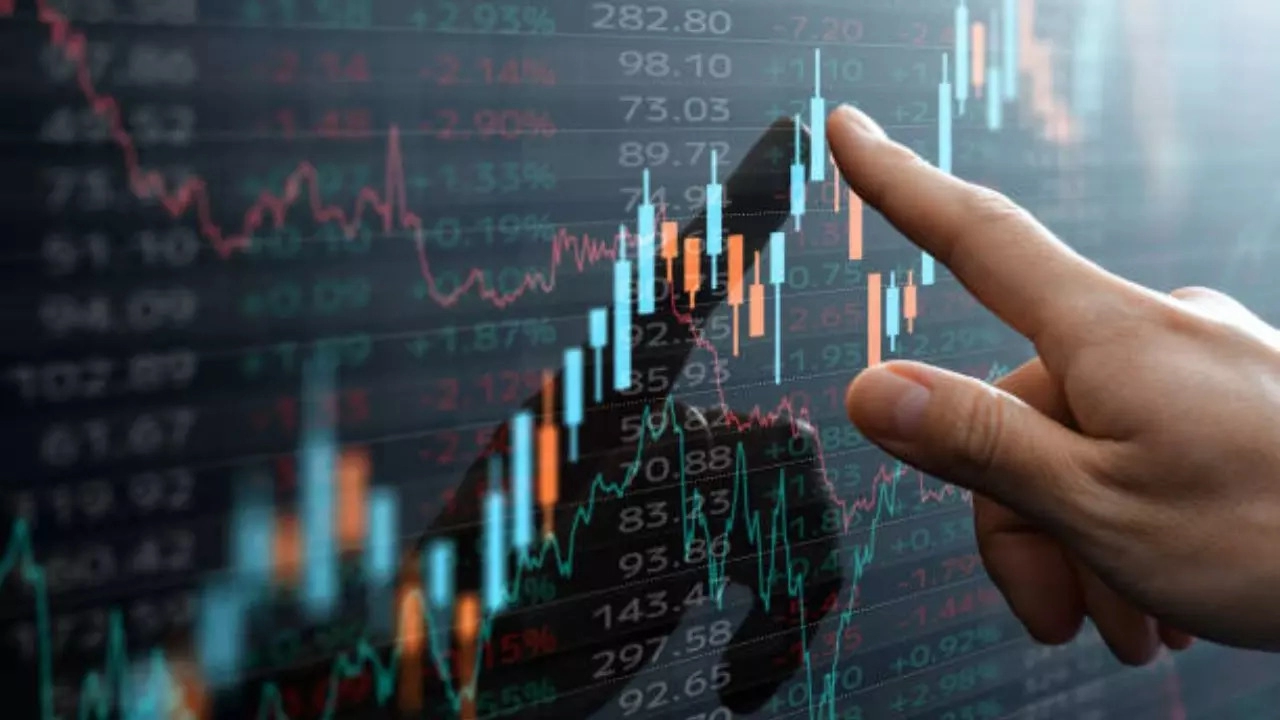
Costfoto/Getty Images
- China’s July exports grew 7%, slower than expected, while import growth outperformed expectations.
- China is facing other economic woes, including weaker consumer spending and a real-estate slump.
- Businesses eyeing a Trump presidency could explain a surge in US imports, wrote Goldman analysts.
In addition to battling a slowing economy, China is now feeling the sting of slowing global demand for its goods.
The country’s July exports grew 7% from the same period last year, falling short of an expected 9.7% increase and its slowest expansion pace in three months, Reuters reported. The figures for July also fell below China’s explosive 8.6% export growth in June, which was the fastest in 15 months.
Meanwhile, China’s imports in July surged 7.2% year-over-year, significantly higher than the expected 3.2%. Imports from the US increased 24% from last year, CNBC reported.
The slowdown in China’s exports comes amid sluggish domestic demand and slower-than-expected economic growth, despite consumers’ higher disposable incomes.
In the first quarter of 2024, China’s economy showed signs of slowing when it grew by 4.7% year-over-year, falling short of the 5.1% expected. The slowdown was driven by weaker consumer demand and declining retail sales from a more frugal spending attitude, BI reported in July.
China’s growth numbers were also dragged down by its real-estate crisis, which saw home sale prices fall by 31% across cities in March.
While China’s net exports reached a record $99 billion in June, Nomura economists forecast that “China’s economy will be unable to sustain a strong recovery through depending only on exports,” they wrote in a note.
The decline in export numbers from June to July might signal slowing external demand for Chinese goods, Xing Zhaopeng, senior China strategist at Australia & New Zealand Banking Group, told Bloomberg. This exacerbates China’s growing list of economic concerns, such as geopolitical headwinds and a declining birth rate.
The surges in June’s exports and July’s US imports could also be attributed to “possible rush shipments ahead of potential tariff increases if former US President Trump were to be re-elected,” Goldman Sachs wrote in a Tuesday note.
The spike in July’s import numbers is a bright spot for China, as it could suggest signs of revival for China’s faltering domestic demand.








